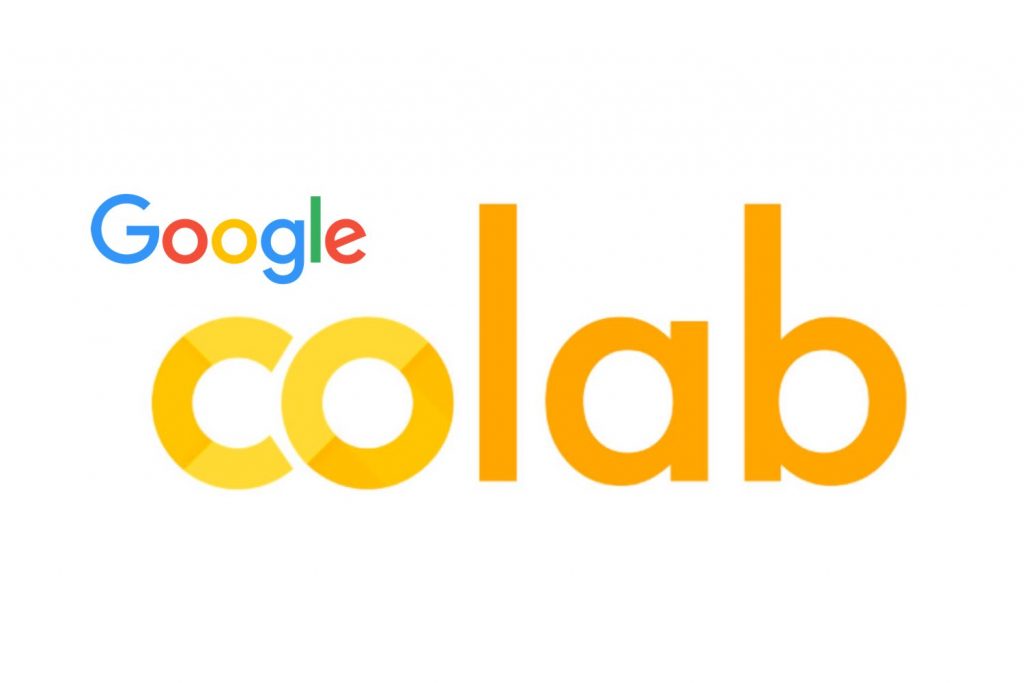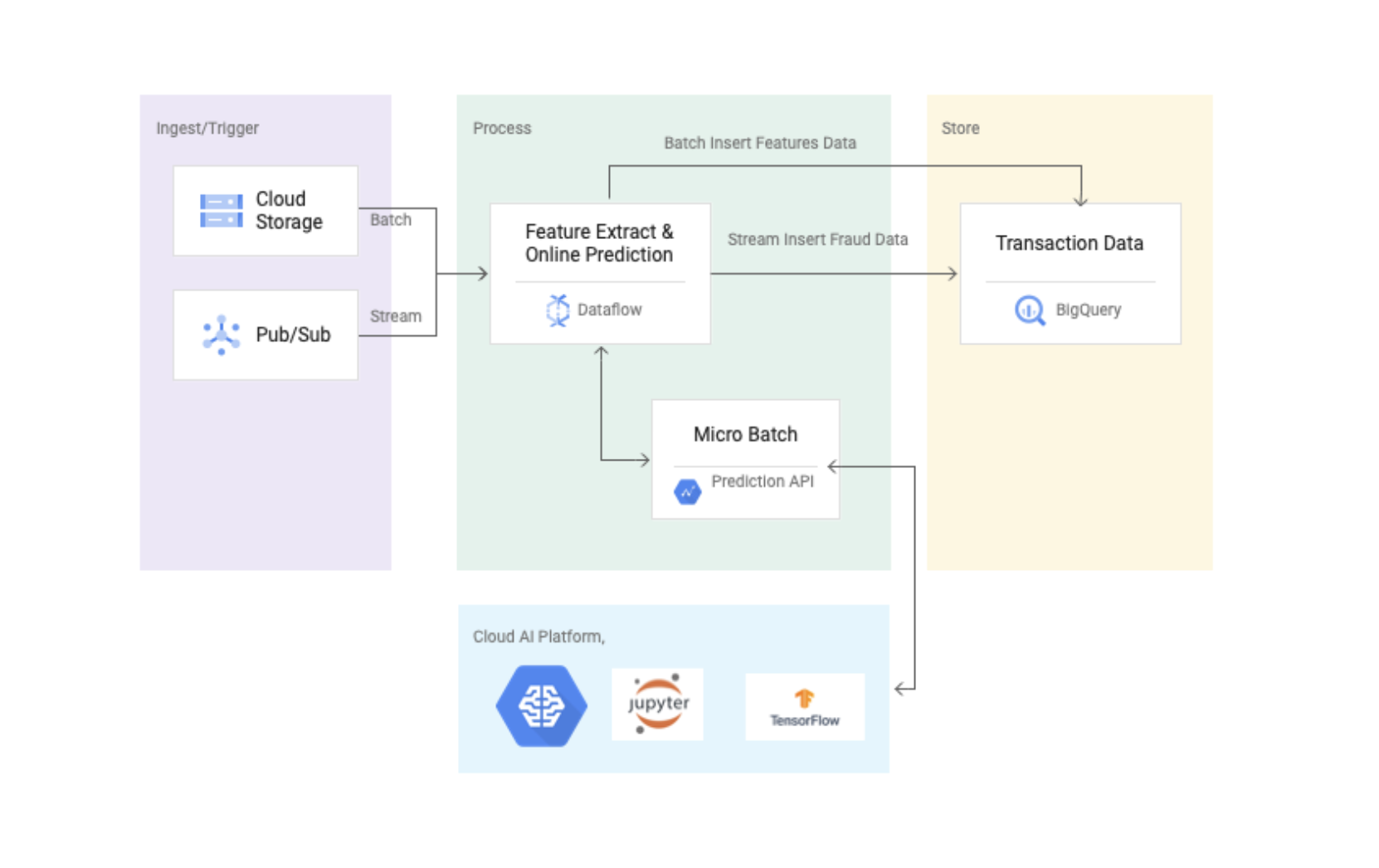From one-size-fits-all to Personalized Treatment (and Medicine) designed for each Patient based on their genetic history, genomic sequencing, medical records, location, environmental factors, and more. AI can predict the impact of such specific treatment per patient

Understand the Use-case under 5 minutes

Video (4 minutes)
The role of AI in untangling the complexity in RNA biology, identifying novel targets dealing with genomic dysfunctions, and evaluating thousands of possibilities to identify the best therapeutic candidates
Watch
Article (5 minutes)
How AI is important for enabling Precision Medicine. Not only it’s vital for predicting outcomes but also for Predicting Future Patients’ Probability of Having certain diseases
Visit
Video (2 minutes)
As a subset of precision medicine, genomic medicine accelerates the speed at which scientists understand diseases. It also enables clinicians to provide more accurate diagnoses and prescribe individualized treatments to help patients based on their genetic code.
WatchGet to know more Business and Technical details about the use-case (15-30 minutes)
More detailed introduction covering business and technical aspects

Article (16 minutes)
Sharing many examples of using Machine Learning to predict best Treatment, based on analyzing genomic data along with historical EHR data sets. Expands on possibilities and limitations of AI-based Precision Medicine
Visit
Article (14 minutes)
Expanding on the role of AI in drug discovery and precision oncology, referencing examples for efforts pursued by major industry players (Roche & Pfizer), and highlighting some of the major challenges foreseen
Read
Article (6 minutes)
This article you will understand the role of innovation in genomics through Artificial Intelligence (AI) and its impact on precision medicine.
ReadCase studies, Organizational Aspects, Return on Investment examples

Video (25 minutes)
Using Machine learning to improve assay quality and cost, and increasing the predictive power of single-cell data. Enabling precise detection of heterogeneity in disease progression and treatment response
Watch
White Paper (7 minutes)
More details on the technical aspects of the use-case

Article (15 minutes)
Active research in both AI and precision medicine is demonstrating a future where health‐related tasks of both medical professionals and consumers are augmented with highly personalized medical diagnostic and therapeutic information.
Read
Video (14.5 minutes)
In this video you will learn about cofactor genomics, a biotech company dedicated to bridging the precision medicine gap. They couple machine learning with cloud computing to support its groundbreaking system of predictive immune modelling.
WatchTechnical resources that will help you implement the use-case (notebooks, tutorials..)

Article (19 minutes)
In this work, they employed CNN, CNN-LSTM, and CNN-Bidirectional LSTM architectures using Label and K-mer encoding for DNA sequence classification. The models are evaluated on different classification metrics. From the experimental results, the CNN and CNN-Bidirectional LSTM with K-mer encoding offers high accuracy with 93.16% and 93.13%, respectively, on testing data.
Visit
Video (53 minutes)
Interpretability of machine learning models is important for data-driven precision medicine efforts. This video digs into some techniques to interpret some precision medicine models
Watch
Github Repo
The ‘personalized’ package is designed for the analysis of data where the effect of a treatment or intervention may vary for different patients.
Visit
Colab Notebook
This colab notebook, develops a CNN to classify DNA sequences from two-data sets. Which was replicated from this paper.
Visit
Article with Code (55 minutes)
How ML algorithms can be used for DNA/RNA/protein sequences classification and prediction
Visit
Github Repo
An Artificial Neural Network-based discriminator for validating clinically significant genomic variants.
Visit
Article (19 minutes)
In this work, they employed CNN, CNN-LSTM, and CNN-Bidirectional LSTM architectures using Label and K-mer encoding for DNA sequence classification. The models are evaluated on different classification metrics. From the experimental results, the CNN and CNN-Bidirectional LSTM with K-mer encoding offers high accuracy with 93.16% and 93.13%, respectively, on testing data.
VisitData Sets you can use to build Demos, POCs, or test Algorithms
Training and Testing Datasets for 1. Genetic Mutations and 2. Clinical Evidence experts used to classify those mutations
PM Trials data. The primary results of the first round of pediatric precision oncology clinical trials will provide us with a greater understanding of the clinical impact of linking tumor profiling to selection of targeted therapies.
Uncovering significant spatial and phenotypic immune–ITH from multiple tumor sectors and deciphering its relationship with tumor evolution and disease progression in hepatocellular carcinomas (HCC).
Off-the-Shelf Products using AI for Fraud Detection
Got a Question or a Resource to share with the Community? Please do!
Copyright © 2025 AI Cases. All rights reserved
Session expired
Please log in again. The login page will open in a new tab. After logging in you can close it and return to this page.